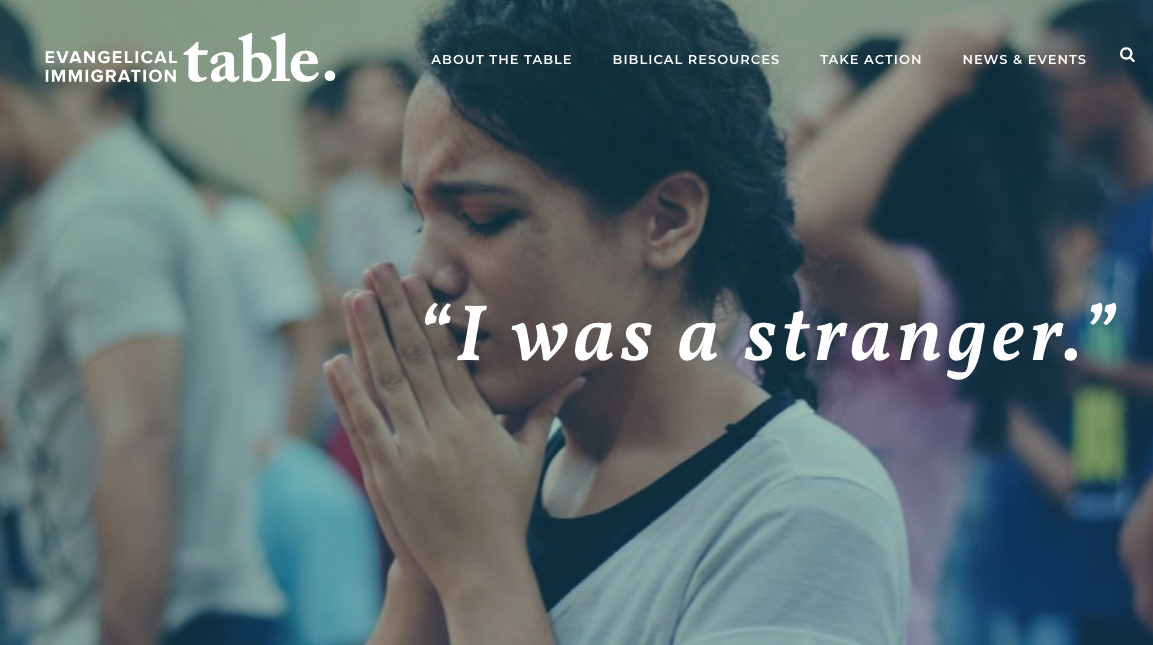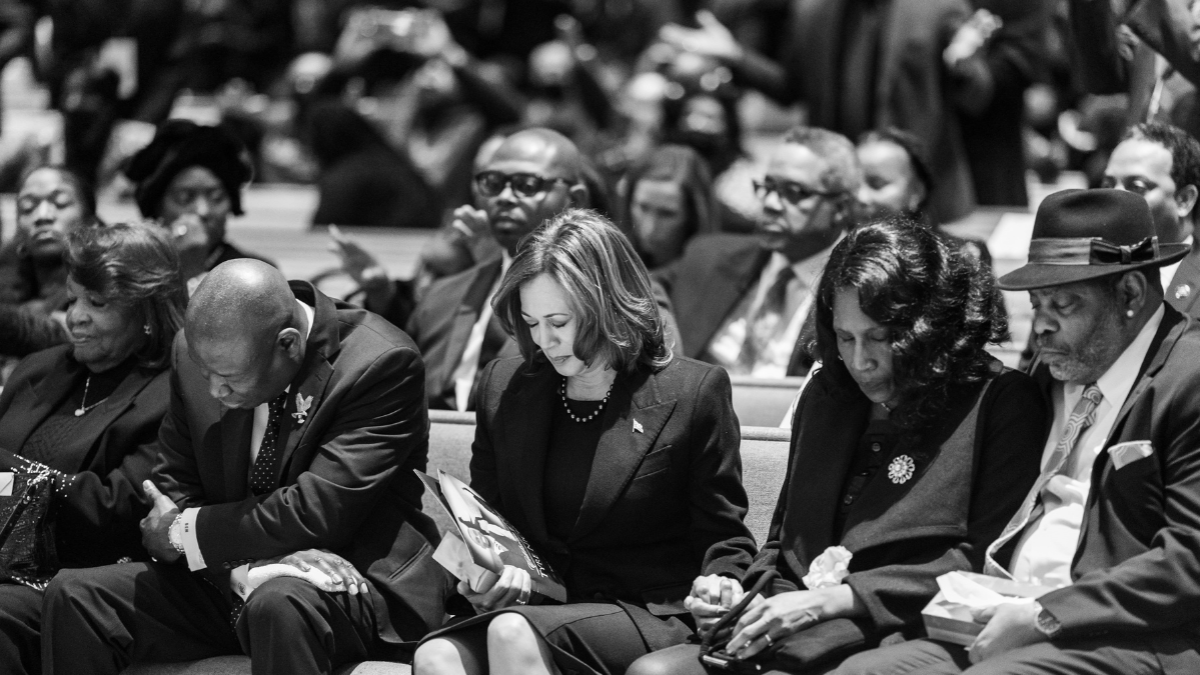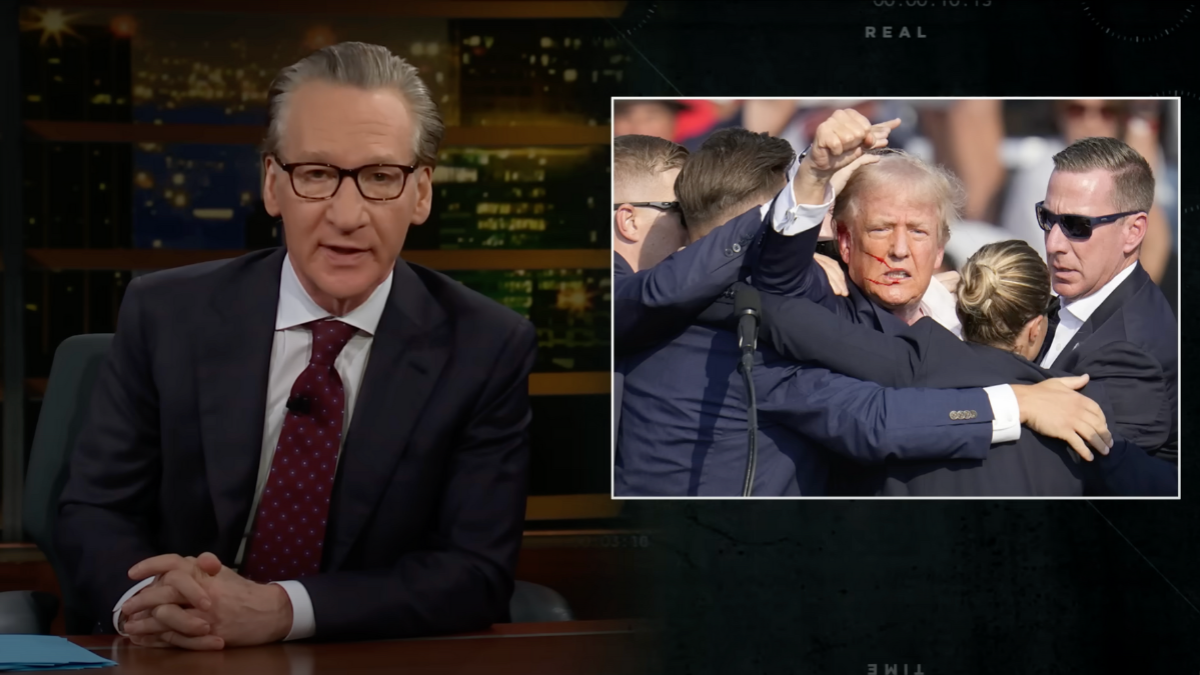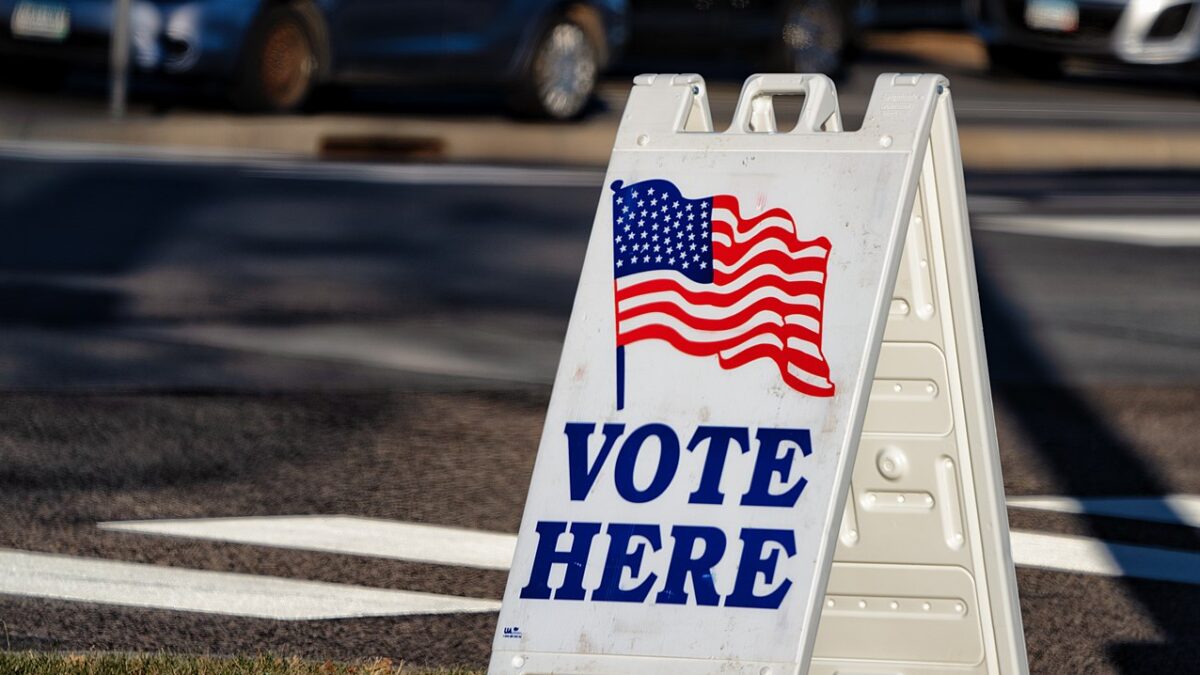The following is an excerpt from Shepherds for Sale.
When Maureen Maloney saw the tagline for the Evangelical Immigration Table, “Welcoming the Stranger,” she couldn’t help but feel a wave of bitterness. The same went when she saw Christian celebrities sending open letters to The Washington Post demanding that lawmakers admit more immigrants under programs that grant refugee status to many who are in no danger of persecution, war, or violence in their home countries. The group said they wanted to see more immigration because they “value the opportunity” to “live out the biblical commandments to love our neighbors and to practice hospitality.” She wondered why they didn’t have much interest in ministering to people like her. She wondered if they considered her their neighbor.
I spoke to Maloney three days after the twelfth anniversary of her son’s death.
When I asked her about Matthew, she still, at odd moments, inadvertently slipped into the present tense. “Matthew is one of those people who’s loved by everybody,” she told me. But in her next sentence, as she recounted what happened to him, her brain evidently clicked back into recognition that he was gone.
“He was voted most dependable in high school and graduated college three months before he was killed,” she remembered. “On the day that it happened, he was coming home in the early evening, like after dinnertime, and he was riding his motorcycle in a residential area. An illegal alien who had been drinking all day was driving a truck. He ran through a stop sign and collided with Matthew’s motorcycle.”
It wasn’t the collision that killed Maloney’s son, though; it was the fact that the driver of the truck tried to flee, perhaps with deportation in mind. At first, Matthew landed on the windshield of the truck and rolled off. He was getting up to make his way off the road when the driver stepped on the gas. As he drove off, he ran over Matthew, who got stuck in the truck’s wheel well and was dragged to his death.
“It was a beautiful summer evening,” Maloney said, “so lots of people were out barbecuing and just sitting outside in the shade. There were a lot of witnesses and people running after the truck, banging on it, trying to stop this person and save Matthew’s life.” I expected to hear emotion in Maloney’s voice as I probed for more details about that day. But her tone was flat, matter-of-fact — perhaps from so many years of telling her story, trying to get people to listen. “At the quarter-mile mark,” she went on, “the man ran over a curb, and Matthew became dislodged. At that point — I don’t know, maybe the guy was panicking — he backed up over Matthew again. Then he took off.”
I asked what she thought about the argument put forth by various evangelical groups who insist that Christ’s command to love our neighbors means we must support various amnesty policies. She told me they’re cherry-picking Scripture. “I think our basic religious principle should be that God expects us to follow the law,” she said. She felt that Christian institutions are aiding and abetting illegal immigration by “incentivizing people to make this dangerous journey up to the U.S. border.”
When the man who killed her son was arrested, she discovered that because he’d had a child while living in the United States, he was receiving welfare, free state health care, and government-subsidized housing. “Why wouldn’t people rush to come here when word of things like that gets out?” she asked me. Because word has gotten out, the news cycle in the last few years has been dominated by the record numbers of illegal aliens coming across the border. According to a joint study conducted by Yale and MIT, there are now as many as 22 million living in the United States. If that figure is accurate, that would make them nearly 7 percent of our population. But even if that estimate is high, there is no question that we have been welcoming a lot of strangers.
After Matthew’s death, Maloney joined Advocates for Victims of Illegal Alien Crime (AVIAC), a group that banded together to give a voice to people in whom evangelical leaders seem to have little interest — those who have lost loved ones due to illegal immigrant homicides, murders, and manslaughters. It is notoriously difficult to get a clear accounting of just how many people that is, as the last report the U.S. Government Accountability Office produced on illegal alien crime was in 2018. That report showed that between 2010 and 2015, illegal migrants who were incarcerated were responsible for the deaths of 33,000 people. Simple back-of-the-envelope math suggests that the total over the last 13 years could easily top 85,000. As Maureen Maloney said, even though this is far from the full tally, it is not a small number.
When I asked her if AVIAC and its members ever hear from evangelical groups interested in ministering to them in their suffering, she minced no words. “No. We never have. And we represent the loved ones of victims from all over the country; it’s not a local organization. But these church groups are not interested in us.” Reflecting on groups like the Evangelical Immigration Table protesting family separation policies, Maloney pointed out that she and other AVIAC members have “suffered the ultimate in family separation.” Perhaps these ministries and parachurch organizations don’t care because there are no left-wing billionaires or federal programs funding them to care.
Gang of Eight
In January 2020, Baptist Press, the house organ of the Southern Baptist Convention, published a lie. The question is whether the outlet knew at the time that it was a lie.
The article was not attributed to any specific author and was labeled an “explainer.” It claimed to debunk reporting from the conservative news outlet Breitbart, which revealed that the Evangelical Immigration Table, a group that lobbies for various amnesty policies in the name of Jesus, was funded by left-wing, atheist billionaire George Soros. This was not a small matter because, largely under the direction of, first, Richard Land, and then Russell Moore, the SBC’s Ethics and Religious Liberty Commission had become a key leader in the EIT. Nor were Land and Moore alone. Leadership for a host of trusted evangelical organizations, including the Council for Christian Colleges and Universities, the NAE, World Relief, InterVarsity Christian Fellowship, Focus on the Family, Prison Fellowship Ministries, and the Wesleyan Church, had joined hands with the EIT. If it was being bankrolled by Soros, they would all have a lot of explaining to do.
The EIT officially launched in June 2012, after the NAE and Clergy and Laity United for Economic Justice (a progressive interfaith group) began working with the left-wing National Immigration Forum. Its purpose was to act as a front group to promote the NIF’s open-border policies, such as granting legal status to most illegal immigrants, among evangelicals.
From the outset, the group focused not on encouraging Christians to meet the material and spiritual needs of immigrants in their own communities, something few would object to, but on pushing them to lobby lawmakers for specific legislation. CNN, for example, reported shortly after the EIT’s debut that it was “fundraising and placing people in three states, Colorado, Florida, and Texas, to lay the groundwork with local evangelical leaders” in the hope that they would create a “highly reactive group of evangelicals ready to push for immigration reform.” The EIT’s own documents support this characterization.
By late 2013, the group was soliciting proposals for “mobilizers” to “activate” pastors and congregations, explaining that “81 Republicans in the House who may vote for immigration reform represent districts whose population is at least 20% evangelical Christian. Over the last year, the [EIT] has worked to engage pastors and congregants in 16 of the 20 states that are home to these districts.” Later, a group of Pepperdine and Chapman sociologists studying immigration policy would note that President Obama appeared to have waited to issue his executive order on Dreamers until just after a 2014 EIT press conference that claimed evangelicals had reached a “tipping point” on amnesty. That support, the researchers wrote, gave Obama “the political cover he needed in order to take this step.”
Claiming to speak for evangelicals across the country, the EIT demanded not just general immigration reform but the passage of the Gang of Eight bill. Backed by New York Democratic Sen. Chuck Schumer and moderate Arizona Republican Sen. John McCain, the sweeping overhaul of U.S. immigration laws would have granted citizenship to nearly 11 million illegals and paved the way for a further surge in unlawful migration. Alabama Republican Sen. Jeff Sessions, then the ranking member of the Senate Budget Committee, warned at the time that, if successful, the bill would have caused “economic catastrophe.”
The EIT’s efforts to see the bill passed began in earnest in January 2013, as the group pushed churches to join a 40-day study of cherry-picked Bible verses, titled “I Was a Stranger,” that they insisted applied to U.S. immigration law. Instead of studying the Bible, churches involved with the EIT began recruiting their congregants for political activism. One North Carolina church, for instance, promoted a six-week workshop on:
- The History of Immigration in the United States;
- Immigration in NC—Understanding Our Newest Immigrant Neighbors;
- Developing Your Moral Voice in Immigration and Diversity;
- Stranger-to-Neighbor Storytelling Workshop;
- Understanding Secure Communities and the DREAM Act; and
- Strategies for Voicing Your Value and Taking Action.
Two months later, Moore, along with seven other church leaders, including NAE board member Samuel Rodriguez, met with President Obama in something of a publicity blitz to convince Republican lawmakers that even evangelicals wanted to see “pathways to citizenship” like the Gang of Eight bill. The proposal would have required an illegal alien to pay only a fine of a thousand dollars to receive provisional legal status and another thousand-dollar fee ten years later to become a permanent resident.
It’s not hard to guess why so many border crossers are unwilling to wait as much as decades in the normal green card process when immediate entry might be had so cheaply. But the EIT insisted that evangelicals wanted what Schumer and McCain were selling because, as ABC noted at the time, “Religious groups have played a key role in organizing public support for immigration reform, especially from conservative churchgoers who may not otherwise support the effort.”
The problem was Moore did not represent the majority of his supposed constituents, and the “support” that ABC and other major media outlets were breathlessly covering was basically astroturf. At the time that Moore and other EIT leaders were claiming to speak for them, a Pew Forum poll found that evangelicals ranked by a ratio of nearly three to one “better border security” as more important than “creating a path to citizenship.” When asked how they preferred to reduce the illegal immigrant population — by enforcing current laws or creating a pathway to citizenship — a Pulse Opinion Research poll that same year found that 79 percent picked “enforce the law.” Only 13 percent chose conditional legalization. It’s hard to see on what basis Moore and his compatriots could make any reasonable claim to be representing the views of anyone but themselves.
SHEPHERDS FOR SALE. Copyright © Megan Basham. Reprinted here with permission from Broadside Books, an imprint of HarperCollins Publishers.









